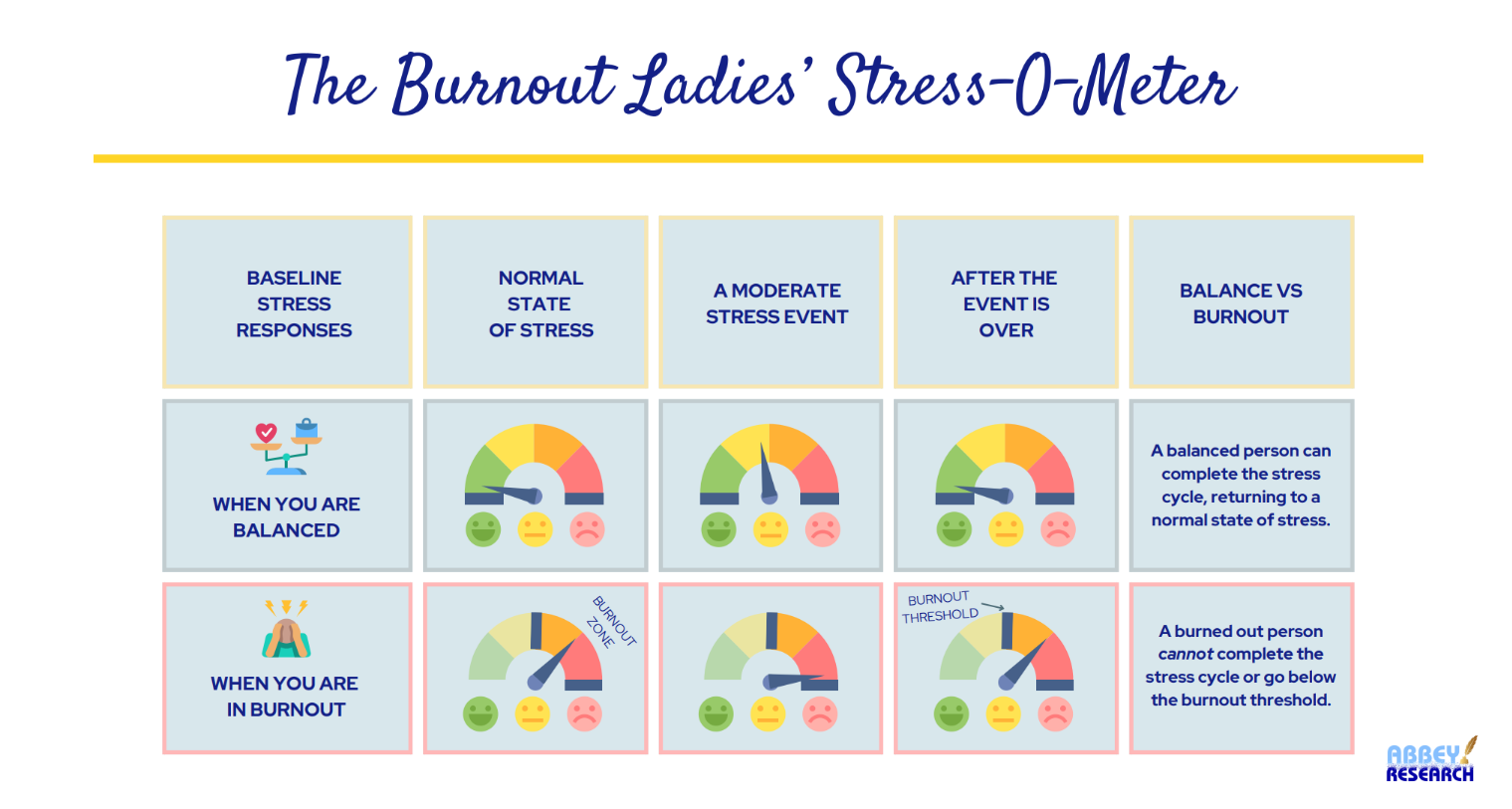The Modern Burnout Crisis: Origins, Impact, and Recovery
Ever wondered why we're collectively obsessed with productivity? We found out at our last HR Leaders event with Dr. Kristen Donnelly.
The roots run deeper than you might think. The 1600s in fact.
The Historical Context
Our modern relationship with work has surprisingly deep historical roots. The Puritans didn't just influence religious thought - they fundamentally rewired how society views productivity and self-worth, especially in the US. Their radical belief that moral character could be measured by work output has echoed through centuries, morphing into today's "hustle culture" where rest is seen as a sign of weakness and productivity as the ultimate virtue.
Look around your workplace. Notice how everyone seems to be running on an ever-accelerating treadmill? We're caught in a perfect storm: centuries of conditioning that glorifies overwork, combined with modern technology that keeps us perpetually "on." Our smartphones ping with work messages at all hours and the line between work and life has become increasingly blurred. The message is clear: being busy isn't just a state of doing anymore - it's become a state of being.
This "always on" culture, supercharged by instant messaging and constant connectivity, isn't just changing how we work - it's fundamentally altering how we live and how we view ourselves. When was the last time you felt truly disconnected from work? When did you last feel that taking a break wasn't accompanied by a nagging sense of guilt? It's precisely this constant pressure, this inability to truly switch off, that pushes us from simple tiredness into full-blown burnout.
Understanding Burnout
Burnout isn't just fatigue.
“It is the mind and body's response to being stuck in an inescapable state of high stress. It is caused by an environment that demands your time, energy and expertise without allowing for healthy stress management practices.”
This unique definition has been coined by Dr. Donnelly and Dr. Erin Hinson to explain its nuances.
It's a complex state of:
- Physical and emotional exhaustion: a compete depletion of energy
- Profound disconnection: growing cynicism and detachment
- Mental shutdown: feeling overwhelmed by even simple tasks
- Existential crisis: A persistent sense of ineffectiveness
This translates into even the smallest tasks feeling overwhelming and our passion for work or every day activities transforms into deep exhaustion and cynicism.
The stress cycle trap
Our brains are fundamentally designed to resist change. This neurological safety mechanism makes breaking burnout cycles challenging. One simple way to mitigate stress, before it becomes full blown burnout, is movement or intentional interruption. However, modern work environments don’t help. They create an inescapable stress cycle. You need to be intentional to break the cycle.

So how do we mitigate burnout? Dr. Donnelly has built a model to help us do just that.
The 4 R's of Recovery
-
Rest
Sleep isn't optional - it's fundamental to cognitive and physical function. Understand that rest is a critical component of productivity, and not a weakness.
-
Rejuvenation
Engage in activities that restore your sense of humanity and joy. Make sure you’re taking part in activities that transcend work and remember being human is more important than being productive. This can also be done in the workplace. Start meetings with the funniest thing that has happened to you this week. Share an appropriate funny meme over slack, or make time to go for a coffee with your team and talk about non-work projects. Bringing even a little bit of joy or laughter to the office can have a massive impact.
-
Realignment
Connect with something larger than work - nature, community, purpose. Use experiences like hiking or a walk to the park on your lunch break to reset your internal compass. Rolling this out to the wider organisation can help role model – get senior leaders to share when they’ve gone for a walk or run on their lunchbreak, or at a time that suits them. Make sure that they block out their calendars so that the team can see when they’re doing so. Or have company volunteering days where you work with charities and look at the bigger picture.
-
Reconnection
Prioritize relationships that value you beyond your productivity. Make sure you rebuild support systems outside of work, sometimes it’s easier not to see anyone when you’re feeling burnout but making the intentional effort to meet up with a close friend or family member will make the world of difference. In the office, even going for coffee with someone from work and intentionally not talking shop will help.
How can Leaders help?
As Leaders you have a great opportunity to role model, and lead with empathy to help combat burnout in your teams, and across organisations.
How do you do this?
- Replace assumptions with understanding: you can’t know how someone else feels. If you notice changes in behaviour, sit down and have a conversation.
- Model sustainable work practices. If you as a leader aren’t modelling best practice, your team won’t have confidence that they can do the same.
- Recognize burnout as systemic, not personal
Remember: You're not fighting laziness - you're challenging centuries of ingrained cultural conditioning. Recovery starts with acknowledging that productivity isn't the measure of your worth.
You can find Dr. Donnelly and Dr. Erin Hinson’s full book here.
Share this
